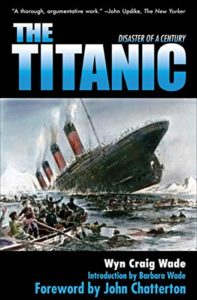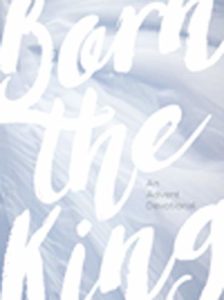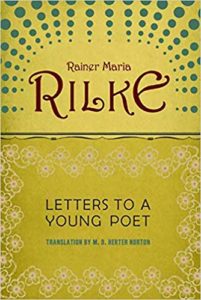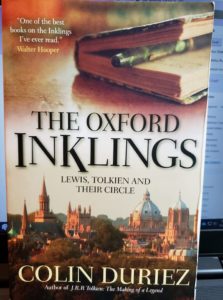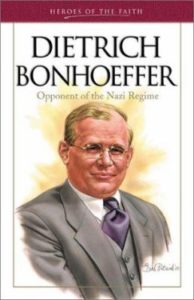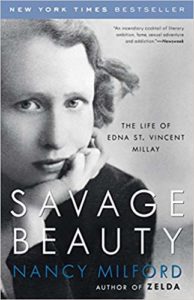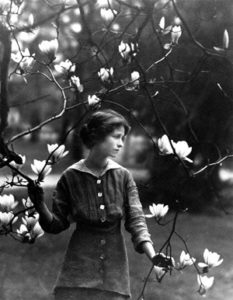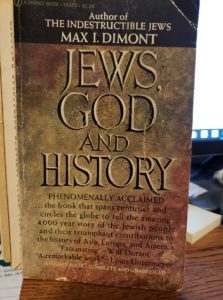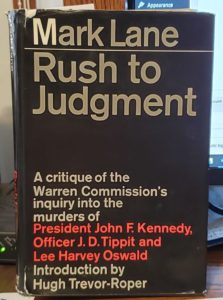I’m a little behind on my book reviews. Catching up by starting with the last one I finished.
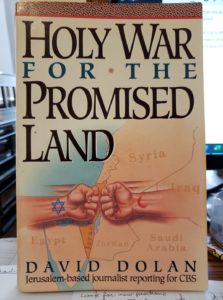
Before our recent trip to Mexico I was looking for a paperback to take with me to read in airports, on planes, and at night in hotels. I decided to look in a box of books in the garage that was waiting to be donated and found this, Holy War for the Promised Land by David Dolan. I’m pretty sure I never read this, and don’t think I bought it anywhere. How it came in our possession, and why it was in a donation box unread is anyone’s guess. It had a book marker in it, a random piece of paper that doesn’t match anything we have in the house. A minor mystery.
It’s an excellent book. Published in 1991 (so written probably in 1990), it covered the Holy Land situation as it was at that time. Obviously, close to 30 years of history has occurred since then and the book could easily be updated.
Dolan is a Christian who lived in Israel for many years, mostly as a correspondent, leading up to and including the years of the Palestinian Intifada. He starts chapters with an experience he lived through, then shifts to the issues of the broader conflict. He goes back to the times of the Patriarchs, of dispersing of the Jews on two occasions, of Christianity spreading through the Middle East, followed by the rise of Islam.
It goes on from there to the Crusades, the Ottoman conquest, and into the 20th Century. The migration of Jews to the Holy Land, the conflicts with the Arabs, the role of Britain, the creation of Israel by the United Nations, and the subsequent conflicts are all covered. He did a good job, I believe, in approaching the conflict from both sides. The Arab/Moslem hatred for Israel and Jews, the strong measures Israel took to guarantee its security, the dashed hopes for peace, and the intransigence of both sides are all covered.
I naturally sympathize with the Jews, believing Israel has a right to exist with secure borders. It’s hard to see that happening when a people who are 20 times as numerous and have 100 times as much land have vowed to wipe them off the face of the earth and say so every day. I’m fairly sure Dolan believes more or less the same. Though the plight of the Palestinians can’t be ignored. Their condition is described in the book, though no real solution is proposed. That’s okay. As a hard news correspondent, Dolan reports the news, he doesn’t editorialize.
I found the book very readable. It served its purpose. I read large amounts of it in airports and on planes. Not so much in hotels, as the efforts of touring made reading less enticing. I completed the 254 pages in eleven sittings, most of it while traveling.
It wasn’t that long ago that I read a similar book, Jews, God and History and reviewed it on this blog. The subject matter is different, as Dolan’s book focuses only on Israel and adjacent lands, not on wherever Jews lived in the world. So it’s hard to say one is better than the other. Dolan’s book was more easily read.
Is it worth your finding a copy and reading it? Probably not, mainly because so much more has happened since. As to what becomes of it, it’s an easy choice. It’s going back into the donation box. Too many books in the house, gotta get rid of some. I’m quite happy I read it, but don’t see me ever needing it again.
